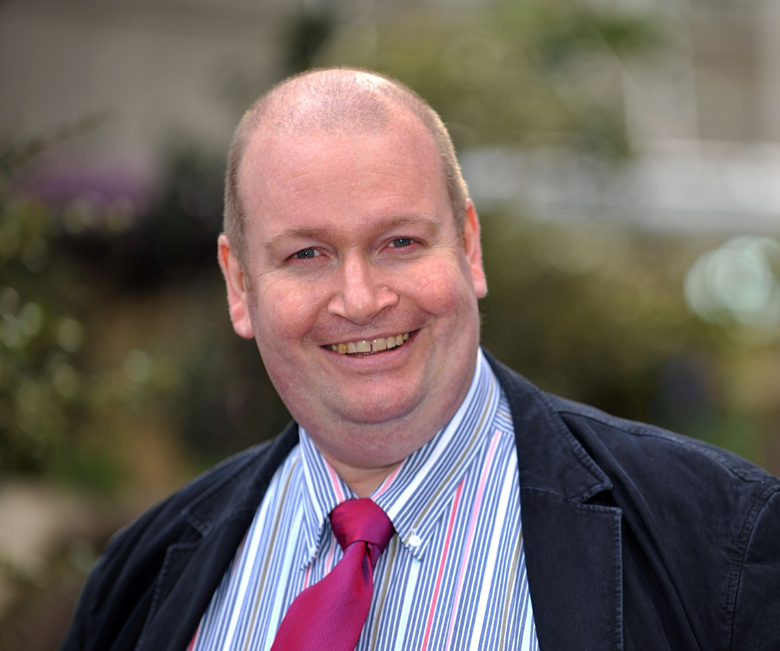New ADCS president issues warning over government academy plans
Derren Hayes
Friday, April 22, 2016
The new president of the Association of Directors of Children's Services (ADCS) has warned the government not to rush through its plans to turn all schools into academies.

Speaking at an event to mark the start of his year as ADCS president, Dave Hill said the proposals for all schools to covert to academy status reflect a “touching faith” by government in organisational change.
“The 100-year link between local authorities, standards and governance in schools should not be deconstructed without the most careful thought and consideration,” he said.
“I worry that there is a touching faith in organisational form and governance to change the direction and quality of services.”
He added that councils have a key role in developing the right conditions for children to grow into “well rounded, economically active adults”, and for an area to prosper economically.
“The ability to influence the education offer is key to that economic growth,” Hill said.
Last month, the government announced plans for all primary and secondary schools to become part of a multi-academy trust by 2022 at the latest, as part of proposals in its Educational Excellence Everywhere white paper to remove most of local authorities’ responsibilities for education.
Despite opposition to the plans from local government leaders, teachers’ unions and even some Conservative MPs, the Prime Minister reiterated this week the government’s intention to push ahead with them.
In his speech, Hill said a personal priority for his presidency is to “change the narrative” around poor life outcomes for looked-after children.
He added that fewer children should be taken into care than is currently the case, and that children’s services “need to focus harder” on helping an “underclass of families” break intergenerational cycles of deprivation, lack of opportunity and poor outcomes.
“We are missing too many opportunities to assist parents of very young children to work alongside other parents to build resilience,” Hill said.
In addition, Hill said peer support for improving children’s services must be better integrated and co-ordinated with the Ofsted inspection system.




